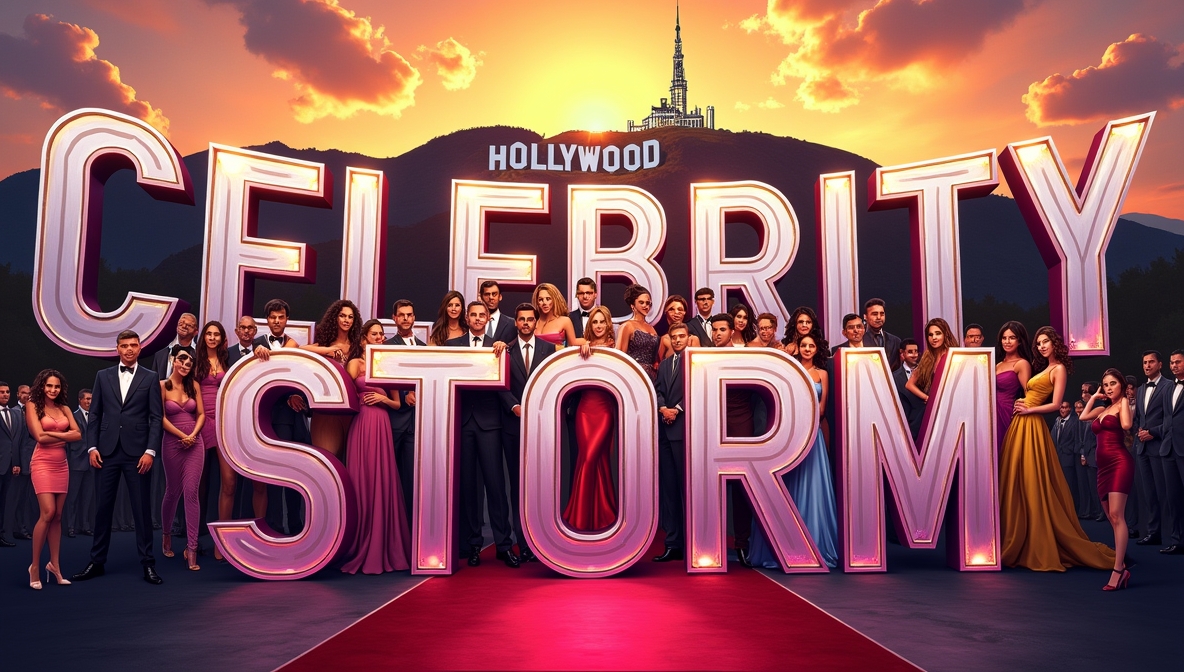D.L. Hughley Contemplates Jury Duty: A Not-Guilty Verdict for Luigi Mangione?

In the grand theater of justice, where narratives twist and twine like ivy on ancient stone, D.L. Hughley, the master of mirth and sagacious satire, has taken center stage in a deliberation that dances on the precipice of public opinion. The comedian, known for his sharp wit and profound insights, recently mused upon the case of Luigi Mangione, a figure cloaked in controversy, as he pondered the weighty burden of jury duty. With words as fluid as a river of thoughts, Hughley embarked on a whimsical exploration of the law, suggesting he might cast a vote for acquittal if fate were to place him among the twelve good men and true.
In a world where the clamor of social media often drowns out the solemnity of the court, Hughley’s reflections are both a balm and a provocation. He conjures an image of himself, a seeker of truth amidst the chaos of courtroom theatrics, weighing evidence with a discerning eye. “What if?” he muses, as if the scales of justice themselves were tipping toward the possibility of innocence for Mangione, whose case remains shrouded in ambiguity. The irony is not lost in this tale, for the very act of deliberation becomes a performance, a dance of intellect and intuition.
As he ruminates on the nature of guilt and innocence, Hughley invokes the spirit of the jury room, alive with the echoes of past verdicts and the weighty silence of decision-making. It is here, in this hallowed space, that he imagines the collective heartbeat of his fellow jurors, each pulse a reflection of their own biases and beliefs. Could it be that, in this introspective journey, he finds himself swayed by the compelling narrative woven around Mangione? Perhaps Hughley, in his poetic inclinations, envisions a scenario where compassion and understanding supersede mere legalistic interpretations.
The comedian’s reflections touch upon broader themes of humanity, where the lines between right and wrong blur like watercolor on a canvas. In a society where the rush to judgment is commonplace, he advocates for a moment of pause, a chance to consider the complexities that lie beneath the surface. With every word he utters, he reminds us that the pursuit of justice is not merely an exercise in law but a profound exploration of the human condition.
As the curtain falls on this theatrical musing, we are left with the tantalizing question of what truly constitutes a fair trial. D.L. Hughley’s narrative, rich with poetic potential, invites us all to join in the exploration of morality, ethics, and the oft-tangled web of the justice system. And so, as the ink dries on yet another chapter of human folly, we are left pondering: in the grand play of life, who among us is truly innocent?
Sources: Celebrity Storm and TMZ, People Magazine, The Guardian
Attribution: Creative Commons Licensed




